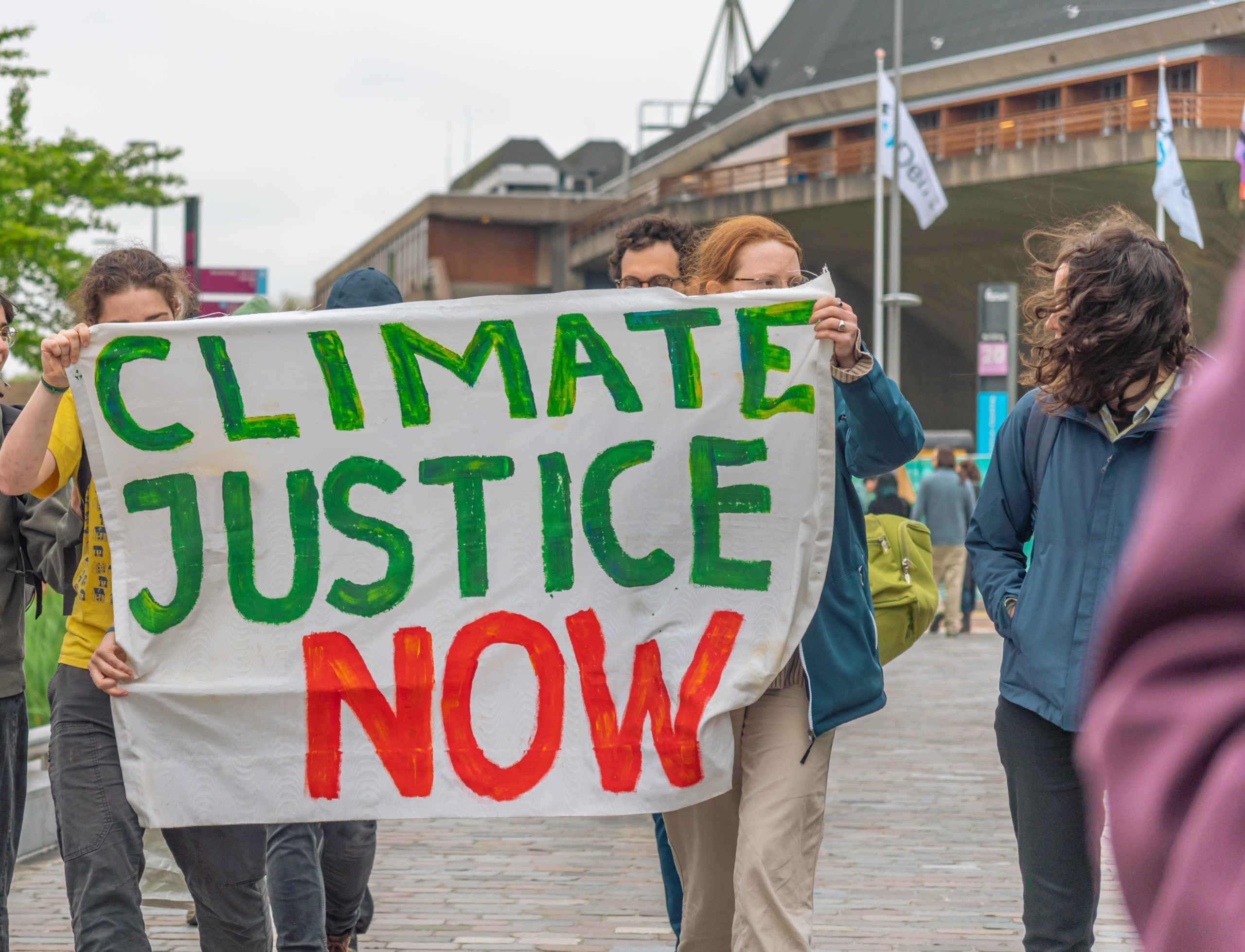In the last few months, TU Delft students and employees have shared their views on collaboration with the fossil fuel industry in various initiatives. These have now been collected in a report. The main recommendations? Ensure transparency and set clear conditions on partnerships.
(Photo: Thijs van Reeuwijk)
This and other recommendations are laid out in a report compiled by the Climate Action Programme , the Delft Energy Initiative and the Integrity Office. They make four recommendations to the Executive Board: be transparent about partnerships; cherish and strengthen an open discussion culture; set conditions on partnerships with the fossil fuel industry; and, define the role of TU Delft in the energy transition.
Open discussion culture
Severing ties with the fossil industry has been a major issue for a number of students and staff at Delft for years. End Fossil, the climate action group, has already occupied the Pulse academic building and the Faculty of Mechanical Engineering to draw attention to the subject. It has also sat around the table with the Executive Board several times. But, in contrast to other some universities in the Netherlands, the Executive Board has always stated that breaking ties with the fossil fuel industry is not an option, however, it did initiate a series of deliberations. Between November 2023 and March 2024, students and staff members could share their opinions in a questionnaire, dialogue sessions, and in a moral deliberation session.
This shows that the call for transparency is especially large. Almost 80% of the respondents to the questionnaire say that they want greater transparency about the nature and purpose of fossil fuel partnerships.
From the dialogue sessions and Moral Deliberation Chambers it emerged that students and staff members feel the need for an open discussion culture. Those attending the Moral Deliberation Chambers said they sometimes found it hard to express doubts or criticism, especially when professional relationships were at stake. The reporters summarise the outcomes by stating that ‘It is clear that steps need to be taken to create a working environment in which it is common practice and feels safe to question each other’s decisions and carry out an open conversation about them’.
Set conditions
Most respondents do not see an urgent need to terminate existing partnerships or enter new partnerships in the short term. However, the majority (76%) do want to set conditions on the partnerships. These could apply to both the partners (54%) and to the partnership itself (58%).
Almost all those who took part in the feedback generation activities (94%) agree that TU Delft plays a key role in the energy transition, but that it is not clear to them how TU Delft does this. The reporters stress that it is important to continue talking about TU Delft’s specific goals and the responsibilities that academics, other staff members, students and administrators have in this.
The Executive Board (EB) has adopted the above recommendations, they write in a message on the intranet. The Climate Action Programme and the Integrity Office have been asked to put together a core team together with colleagues from other parts of the organisation to coordinate the follow-up steps. A core team, which is yet to be created, will coordinate the next steps which are also yet to be determined. The university has not yet shared a timeline.
Read the outcomes of the various consultations, the report and the recommendations to the Executive Board:
Do you have a question or comment about this article?
m.vanderveldt@tudelft.nl


Comments are closed.